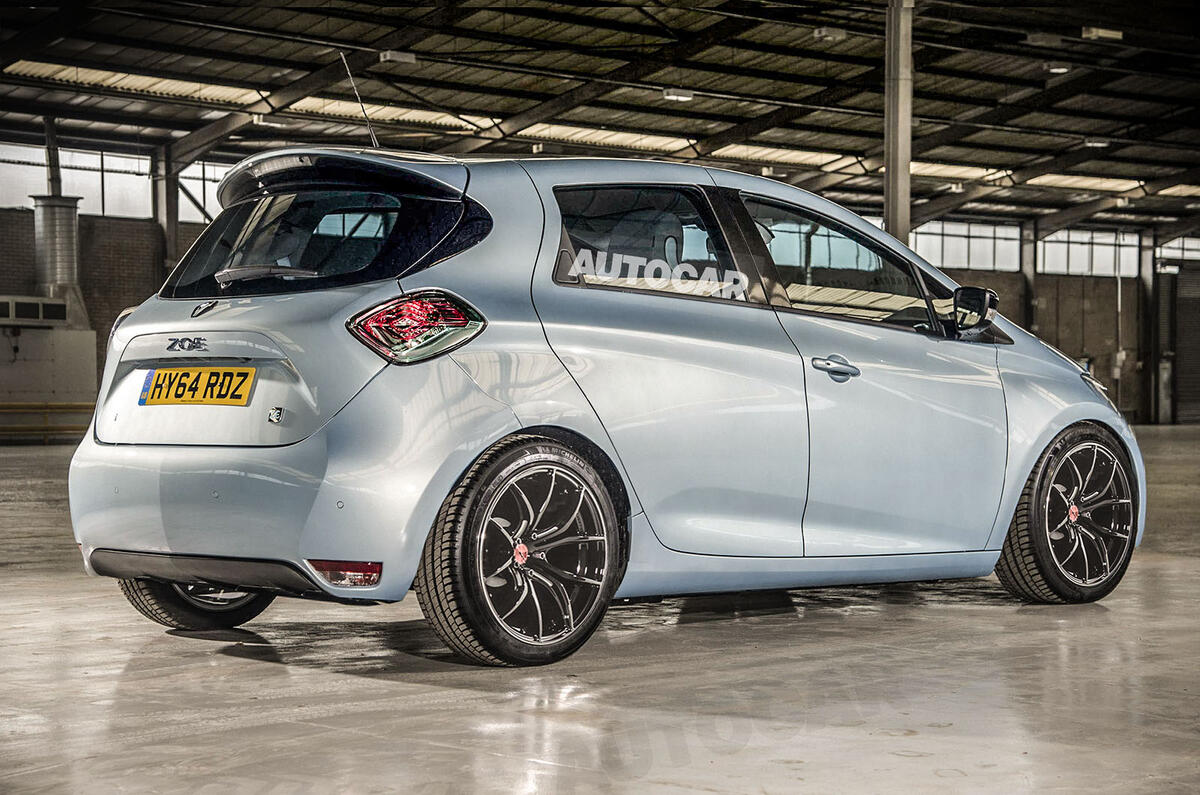Renault Sport is considering launching a high-performance version of the Renault Zoe battery-powered supermini after extracting “encouraging” performance from an initial prototype built last year.
The project became possible at the beginning of 2015 when the Zoe adopted a smaller, more sophisticated motor and an improved software package sourced from its own engine plants, having been launched and sold for its first two years with a set-up supplied by Continental.
No decision about a showroom Zoe RS has yet been taken because initial tests have shown the extra performance comes at the expense of a dramatic fall in driving range.
Renault Sport boss Patrice Ratti confirmed both the progress of the project and its drawbacks.
“The performance and the way it is delivered are very promising,” he said, “and so is the handling, because all of the Renault Sport Clio chassis and steering parts we have developed will fit straight into a Zoe.
“The acceleration was good, especially from standstill. But we were amazed how much circuit driving affects a car’s battery endurance. If we drove our prototype flat out on a circuit, the battery would only last 13 or 14 minutes — not be enough to satisfy our customers.”
Despite this apparently terminal problem, the Zoe RS project has not been shelved.
If, “at some time in the future”, the standard Zoe’s 22kWh lithium ion battery capacity were to be boosted, the change could present Renault Sport with “a new opportunity”, said Ratti.
Renault won’t confirm the change, but the Zoe is indeed believed to be heading for a boost in battery capacity at the end of this year.
The size and weight of its battery are unlikely to change.
The Zoe’s group stablemate, the battery-powered Nissan Leaf, is now offered with a 30kWh lithium ion battery, 25% greater in capacity than the original unit, which is still available.









Join the debate
Add your comment
Aluminium-air?
Is this a technical or software upgrade?
Depreciation is the Zoe's issue